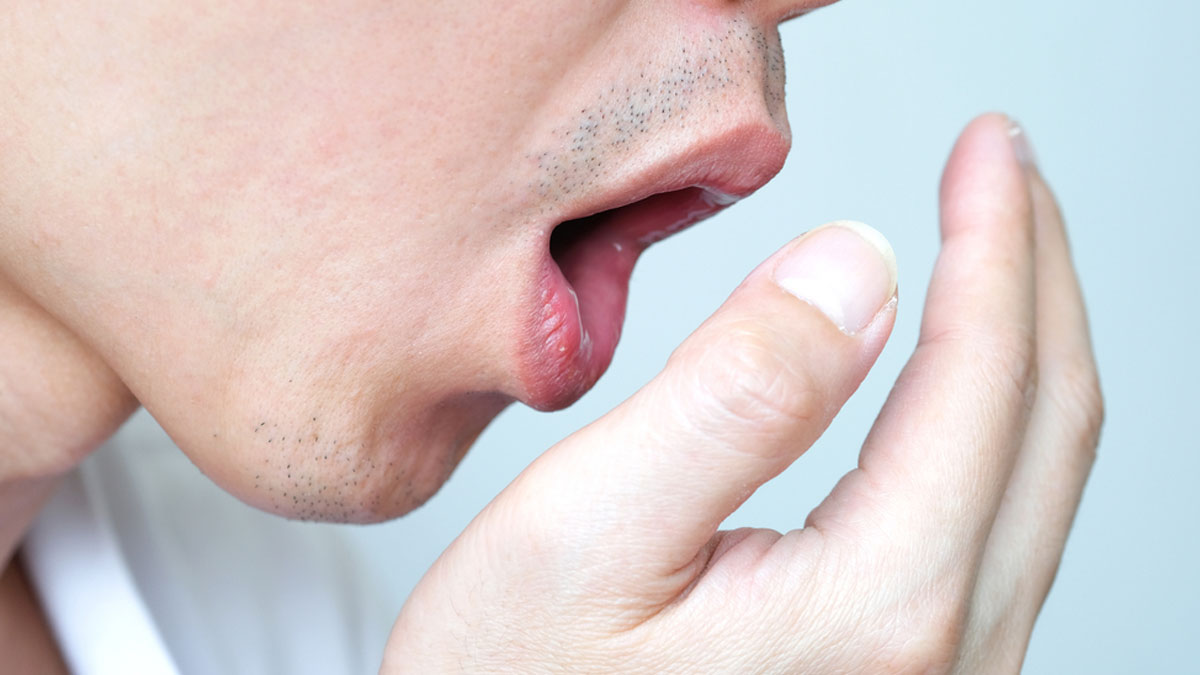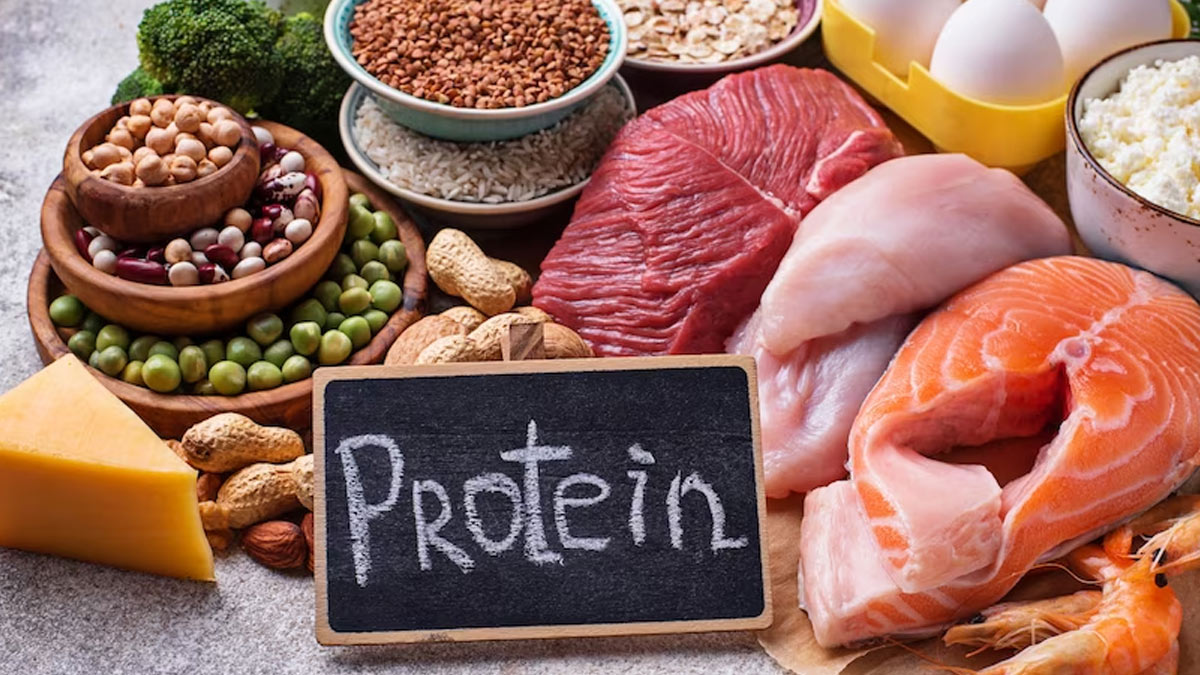
Protein is often referred to as the "building blocks of our bodies." This is because they are essential for almost every bodily function. They help build and repair tissues, increase muscle strength, and build healthy bones. Eating protein-rich foods also helps make hormones that regulate various processes and even assists the immune system in fighting off invaders. Unlike fat and carbohydrates, our bodies don't store protein for long, so we need a steady intake through our diet to maintain good health.
Table of Content:-
But eating protein in excessive amounts can also prove harmful for your body. One of the most common yet overlooked signs is bad breath, says Dr Edwina Raj, Head of Services—Clinical Nutrition and Dietetics, Aster CMI Hospital, Bengaluru. In an interaction with the OnlyMyHealth team, she explains why and also provides ways to prevent it.
Also Read: Does Tongue-Scraping Prevent Bad Breath?
Can Eating Too Much Protein Cause Bad Breath?

“Excessive intake of protein sources is one of the key contributors to bad breath,” said Dr Raj.
Foods rich in protein include:
- Meat, including beef, lamb, pork, and poultry
- Fish, such as tuna, salmon, and sardines
- Eggs
- Dairy products, like milk, yoghurt, and cheese
In addition to protein-rich foods, the use of certain medicines, supplements, and alcohol can also contribute to bad breath, Dr Raj added.
Why Does A High-Protein Diet Cause Bad Breath?

According to Dr Raj, an imbalance in diet with a high intake of dietary protein sources primarily from animal sources and other plant-based foods, such as legumes, nuts, leafy greens, and garlic, is a common cause of bad breath. When these foods break down in our mouths, it leads to the release of certain volatile sulphur compounds (VSCs), mainly hydrogen sulphide, which contributes to bad breath.
“The bacteria in our oral cavity can produce these sulphur compounds due to food-decaying residues that decompose the dietary proteins and amino acids,” she explained.
Citing an example, she shared, “Milk products contain a protein known as casein, which is rich in cysteine, a sulphur-containing amino acid. This compound degrades to produce hydrogen sulphide that smells like rotten eggs, favouring the bacterial growth within our mouth.”
Also Read: Expert Tells Reasons To Eat More Protein Daily
How To Prevent Bad Breath With Protein-Rich Diet?

To prevent bad breath while following a high-protein diet or ketogenic diet, follow these tips:
- Always maintain proper oral hygiene
- Stay well hydrated to help flush out bacteria and reduce dry mouth
- Balance protein intake with fibrous vegetables to aid digestion
- Consider using chewing gums only if recommended by your dentist or doctor; it helps to stimulate saliva production and keeps your breath fresh.
According to Dr Raj, protein-rich foods, such as yoghurt or kefir, may reduce the risk of bad breath. These contain probiotics that can balance out your oral bacteria and improve digestion, potentially minimising foul mouth odour.
Additionally, consult a qualified dietitian to understand your daily intake of protein to prevent protein overload, which contributes to various health concerns along with halitosis.
Also watch this video
How we keep this article up to date:
We work with experts and keep a close eye on the latest in health and wellness. Whenever there is a new research or helpful information, we update our articles with accurate and useful advice.
Current Version